The Cambridge Centre for the Integration of Science, Technology and Culture (CCISTC), establishes interdisciplinary research projects across a variety of platforms and organises conferences, seminars and programmes designed to bring people from distinct and disparate disciplines together. In light of the current trend towards globalisation, the aim is to promote discussion and collaboration among academics, students, and international partners (eg. policy makers, higher education institutions, societies, association, etc.) across the globe.
Prof. Nicola Clayton, of The Captured Thought, Fellow of Royal Society and Professor of Comparative Cognition in the Department of Psychology at the University of Cambridge, is the Founding Director of CCISTC, in consultation with the Co-Directors Prof. Clive Wilkins, also of The Captured Thought, and Artist in Residence in the Department of Psychology, and Dr. Ruigang Michael Zhou, the President of UK Branch at the China UK Development Council.
To find out more about this exciting new initiative, visit
https://www.psychol.cam.ac.uk/CCISTC
The Captured Thought
~ Explorations of the subjective nature of thinking
Nicola Clayton (Professor of Comparative Cognition) and Clive Wilkins (Artist-in-Residence). Department of Psychology, University of Cambridge
We will explore the complex relationship between experiential memory (episodic memory), muscle memory (body memory) and our ability to travel backwards and forwards in the mind’s eye (mental time travel), including a discussion of Nicky’s scientific research on corvids and children, and Clive’s newly published work ‘The Moustachio Quartet’, a series of novels that can be read in any order. In addition, we will investigate aspects of artificial intelligence, adopting a psychological perspective on how machines learn, on differences between artificial and natural intelligence in non humans, and what these things reveal about the human condition. We incorporate aspects of science, art and the performing arts to explore the nature of memory and why it is subjective: what it is like to have it?; what it is like to lose it; what it is like to have extreme memory skills as shown by recent research on subjects with Highly Superior Autobiographical Memory syndrome?; and can we do it without words?… for some non-human animals share this ability with us. Most of all, why do we question all these things, and what does this tell us about creativity, social skills, and our ability to think with and without words?
“We don’t remember what happened. What we remember becomes what happened. As in life, stories rely heavily on the sequence in which events unfold. In truth, our memories are as much about what will happen next, as about what has already occurred~ it would be a poor sort of memory that only worked backwards.”
Lecture Titles
The Seven Myths of Memory
The Creative Navigator’s Compass
The Psychology of Cognition Illusion~ why the mind is tricked
Artificial Intelligence 1~ a psychological perspective.
Artificial Intelligence 2~ a psychological perspective.
The Tango of Repair.
Further Reading
Clayton, N.S.& Wilkins, C. A. P. (2016). Big Picture: Art is the process of memory. The Psychologist 29, 15-16.
Clayton, N. S.& Wilkins, C. A. P. (2017). Memory, Mental Time Travel and the Moustachio Quartet. Royal Society Interface Focus30, 22-26.
Clayton, N. S.& Wilkins, C. A. P. (2017). Seven Myths of Memory. Behavioural Processes, 152, 3-9.
* * * *
31st March- 16th April 2018. In association with the China UK Development Centre and the Universities of Beijing, Nanjing, Tianjin, Shenyang and Shanghai, China. The Captured Thought travels to the Orient


* * * *


Student Formal Hall Ceremony. St. John’s College, Cambridge.
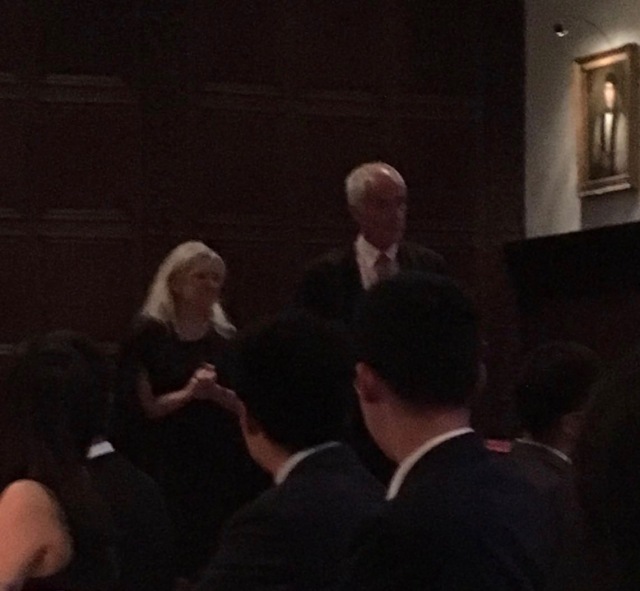
 The Creative Navigator’s Compass. The Healey Room, Westminster College.
The Creative Navigator’s Compass. The Healey Room, Westminster College.
 The Creative Navigator’s Compass. The Senatus Room, Westminster College.
The Creative Navigator’s Compass. The Senatus Room, Westminster College.

The Cognition of Beauty. Healey Room, Westminster College.
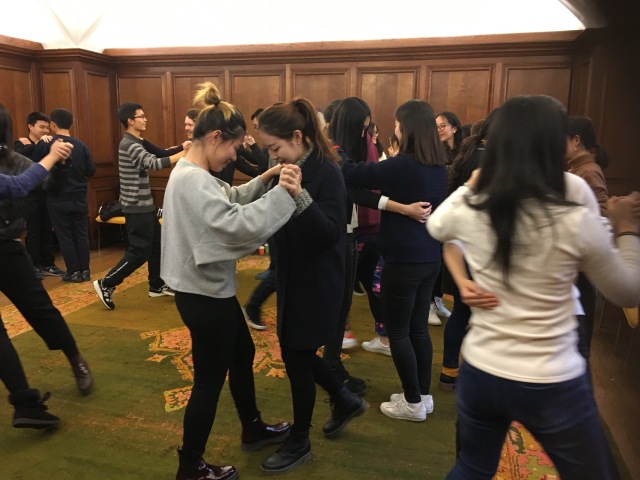 The Process of Repair. The Woodleigh Room, Lucy Cavendish College.
The Process of Repair. The Woodleigh Room, Lucy Cavendish College.

 The Myth of Memory. The Woodleigh Room, Lucy Cavendish College.
The Myth of Memory. The Woodleigh Room, Lucy Cavendish College.
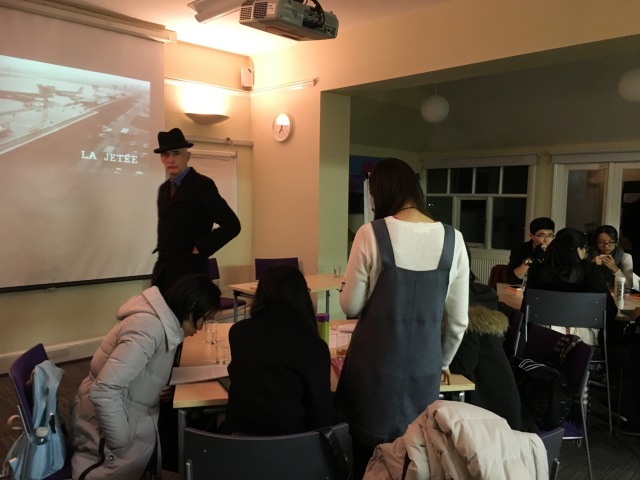 The Creative Navigator’s Compass. The Wolfson Room, Lucy Cavendish College.
The Creative Navigator’s Compass. The Wolfson Room, Lucy Cavendish College.
 The Myth of Memory. The Woodleigh Room, Lucy Cavendish College.
The Myth of Memory. The Woodleigh Room, Lucy Cavendish College.
 Formal Dinner 2017.
Formal Dinner 2017.
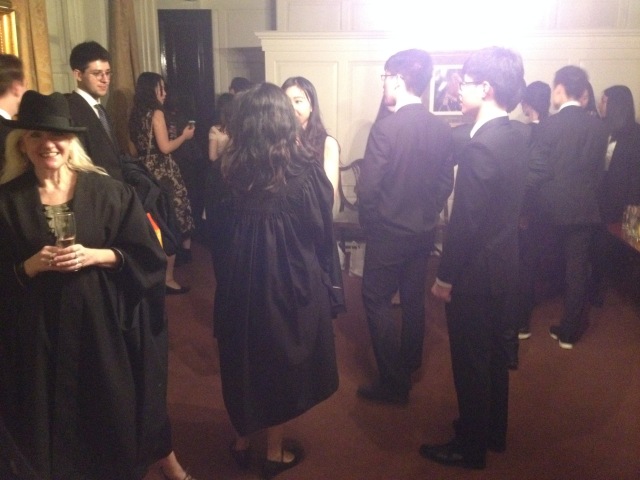
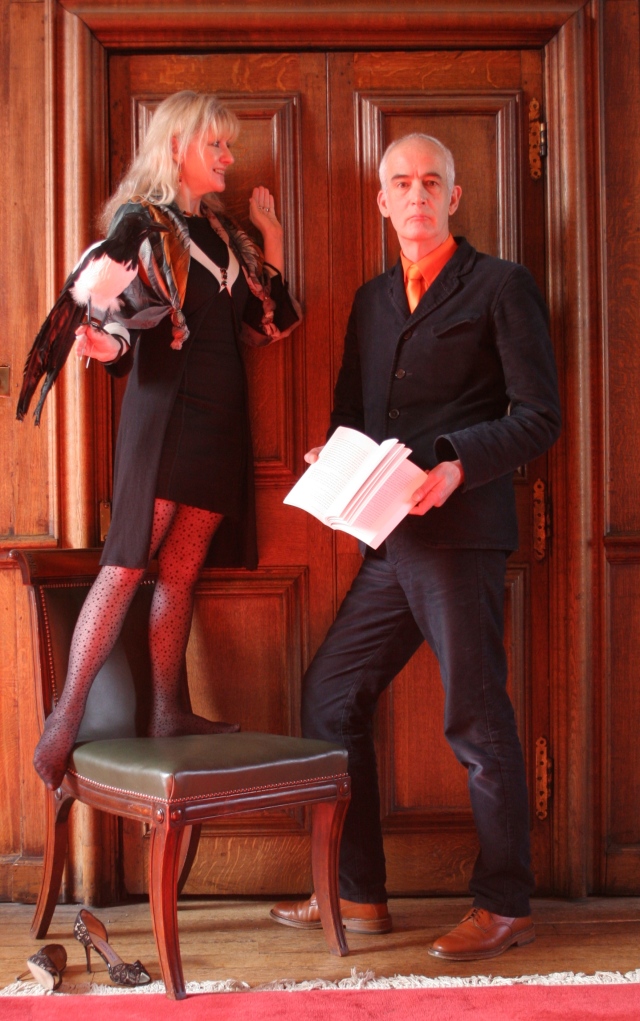
For more information please follow the links below:
China UK Development Centre: http://en.cudc.info Maxer Education Institute: http://www.maxer.co.uk
